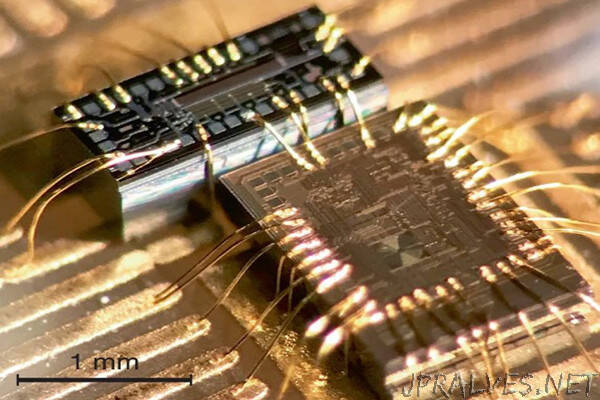
“New filter chips created by Penn engineers could enable high-quality lasers at a fraction of their current size and cost.
Many emerging technologies rely on high-quality lasers. Laser-based LiDAR sensors can provide highly accurate scans of three-dimensional spaces, and as such are crucial in applications ranging from autonomous vehicles to geological mapping technologies and emergency response systems. High-quality lasers are also a key part of the high-speed, high-volume data centers that are the backbone of the internet.
When assessing the quality of a laser, researchers look to the noise in a laser’s frequency, or the number of times the laser’s light wave toggles in each second. Low-quality, “noisy” lasers have more random variations in those toggles, making them useless for systems that are meant to return accurate measurements or convey densely packed information.
At present, lasers with adequately low frequency noise are bulky, expensive and an impractical choice for mass manufacturing. Penn Engineers have set out to solve this problem with a device called a “phase noise filter” that can turn low-cost, compact lasers into those suitable for LiDAR and more.
Firooz Aflatouni, Skirkanich Assistant Professor in Electrical and Systems Engineering, is an expert at combining photonic and electronic elements on single microchips, getting the most out of both systems. Now, he and lab member Mohamad Hossein Idjadi have applied this expertise toward reducing low-cost lasers’ frequency noise, achieving the same, if not better, performance as the larger, more expensive lasers.
Aflatouni and Idjadi published a study outlining the performance of their filter in Nature Photonics.”
